Getty makes 35 million photos free to use
- Published
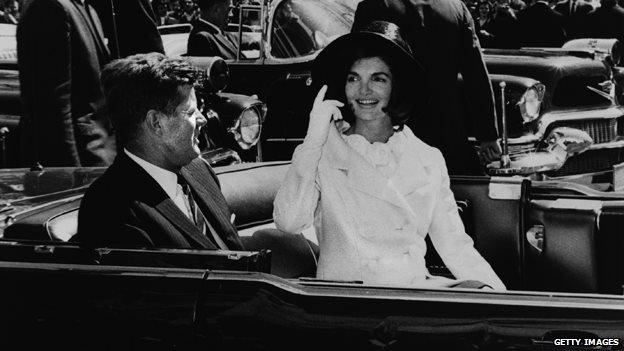
Historic images, such as this candid shot of President and Mrs Kennedy, are now available free
Getty Images, the world's largest photo agency, has made vast swathes of its library free to use, in an effort to combat piracy.
Millions of images - including famous shots of Marilyn Monroe and Barack Obama - will now be available without cost to blogs and social media sites.
The photos will be "framed" with a code that links back to Getty's website.
Getty said it had made the move after realising thousands of its images were being used without attribution.
"Our content was everywhere already," said Craig Peters, a business development executive at the Seattle-based company.
"If you want to get a Getty image today, you can find it without a watermark very simply," he added.
"The way you do that is you go to one of our customer sites and you right-click. Or you go to Google Image search or Bing Image Search and you get it there. And that's what's happening."
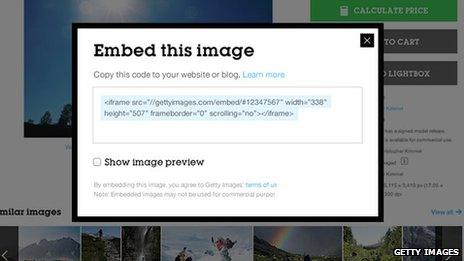
Images can be shared by copying a simple code from the Getty website
The company says it is making up to 35 million photos available through the new "embed tool, external", and images can also be shared on social media sites Twitter and Tumblr.
Users can choose from sports events, fashion shows, stock images and celebrity gatherings like the Oscars and the Brit Awards.
However, there are some notable exceptions - primarily editorial photos of events such as the 11 September terrorist attacks on America or the protests in Tiananmen Square in 1989.
In essence, it is admitting defeat. By offering the ability to embed photos, Getty is saying it cannot effectively police the use of its images in every nook and cranny of the internet.
Its code, which can be cut and pasted onto any website, is similar to the tool YouTube provides for sharing its videos. Images cannot be resized and they will all incorporate a Getty Images logo, as well as a credit for the photographer.
Like YouTube, the company may use the code to serve advertisements in the future, allowing it to make revenue by sharing its catalogue.
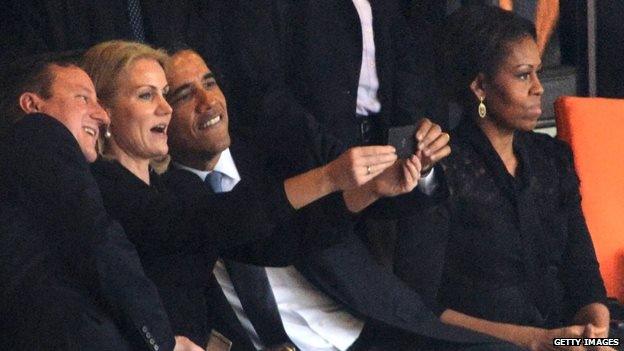
AFP photographer Roberto Schmidt made headlines around the world with this image. News corporations will still have to pay to use the photo, but bloggers can share it free
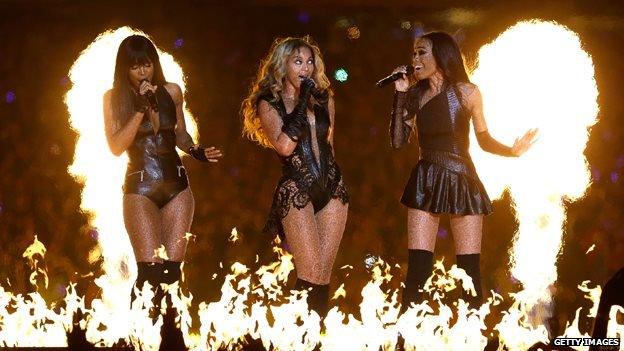
Images of celebrities are amongst the most widely pirated images online. Getty's plans mean it would receive credit for shots like this one, of the Destiny's Child reunion at the 2013 Super Bowl.
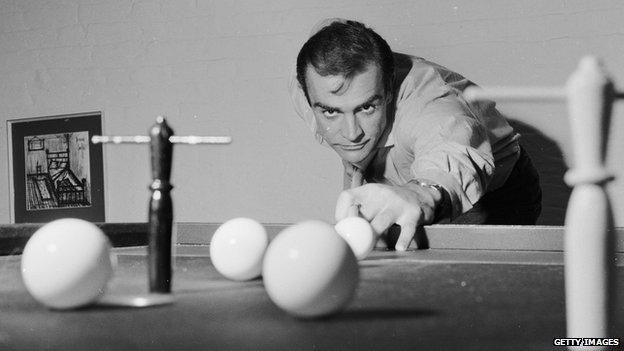
A newly free photograph of Sean Connery, who became the new Bond in 1962, was taken playing billiards in his London flat
"Getty will get its pound of flesh one way or another," photography journalist Daniela Bowker, external told the BBC News website. "It has not gone into this blithely. It has got a plan."
She added many of her contacts were unhappy about the move.
"My Twitter feed has exploded with very angry photographers going 'I don't want Getty giving away my images for free'," she said.
"For some of them, it might mean their images are never used commercially and they'll never make a penny.
"They feel very strongly about that because photographers don't work for free and they don't work for exposure. They say: 'Exposure won't feed my children'. So a lot of people are very, very angry, and I sympathise with them.
"But at the same time, the genie is out of the bottle. There are so many images that are being shared and liked and tweeted and clicked on."
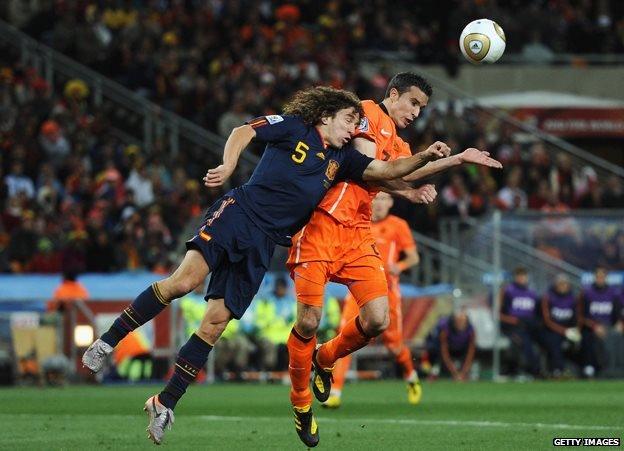
Photographs from major sporting events, such as the 2010 World Cup Final, will be available instantly
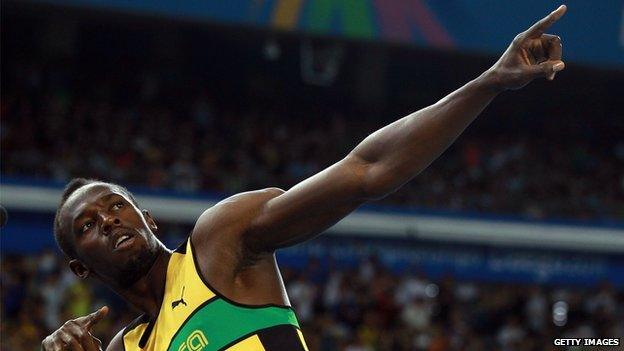
Usain Bolt's trademark pose at the 2011 World Athletics Championship is another sporting photograph to be made free
Ms Bowker said monetisation had to be part of Getty's plan in the future.
"If they have thousands of photographers who aren't making money, Getty won't make money either. So they must have a plan."
One photographer who does support the plan is Rolling Stone's Kevin Mazur, a co-founder of WireImage, whose catalogue is handled by Getty.
"You have to adapt to survive," he said. "Evolving to embrace technology that encourages responsible image sharing is the way forward for the industry."
Commercial users of Getty's library - including newspapers, television channels and advertisers - will continue to be charged.
- Published10 December 2013
- Published11 December 2013